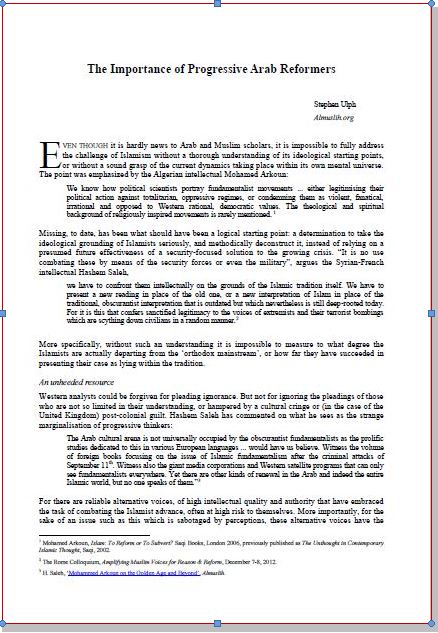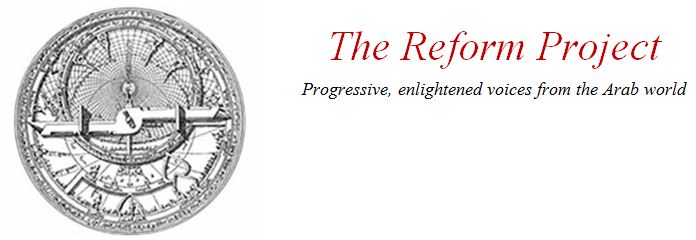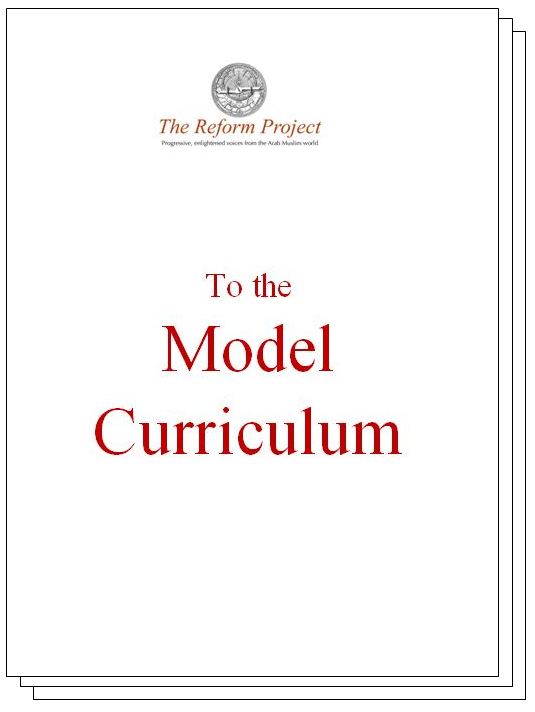The Model Curriculum
FOR ALMOST TWO DECADES, since the 2003 UN Arab Human Development Report flagged up the role of the Arab Islamic heritage in impeding the development of a knowledge society, it has become clear that the way forward must pass through educational reform.
In the Arab world this need has long been understood and discussed by intellectuals, but this impediment received international attention in 2014 when Egypt’s President Sisi called for a reform model to break open the closed circle of intellectual and doctrinal space and “step outside of yourselves to be able to observe it and reflect on it from a more enlightened perspective”.
The problem identified here was the pedagogical stasis that the increasing Salafisation of the education sector in the region was perpetuating. This has led to scientific, technological, cultural and ethical stagnation, and is setting up barriers to integration with societies that are based on differing historical and doctrinal traditions.
The key to bridging the gap therefore lies in a thorough-going educational reform, one that goes far deeper than the closed circle of ‘renewing the historical heritage’, and instead ‘steps outside’ of it to revitalise it. It means a new type of syllabus for the humanities that de-quarantines the student on the ethical, political, intellectual and cultural levels. For only an educational programme that breaks these quarantines is able to foster capacities for empathy, creativity, and the advancement of the sciences and the arts, in place of suppressing them as so many ‘acts of rebellion to the heritage’.
The Almuslih Reform Project has accordingly undertaken to map out such a model curriculum as a template for this educational reform. It is collating together scholars from across the Middle East to exchange ideas and construct syllabuses that will promote the re-integration of new generations into international standards and perspectives. The Courses of the Model Curriculum are now being commissioned and will be published online on the Almuslih website.

Suggested Reading
The purpose of the Model Curriculum is to broaden the scope of education in the Middle East, but at the same time promote a cognitive structure that inculcates a new conception of the heritage of Islam, one that approaches the legacy of Islamic faith, thought and civilisation not as a repudiation of something, but as the collective effort of generations of creative thinkers who contributed to the common weft of global modernity’s interdependence of nations, cultures, philosophies and faiths.
The Model Curriculum thus extracts those facets that both enrich and absorb the common heritage of human thought, in a productive mutual exchange that empowers the Muslim to integrate with the other, to contribute to contemporary life with a clear conscience. It is an educational reform that builds in the Muslim student a new authenticity, one for which they may express a justifiable pride and a new fellowship with all citizens of the ‘global village’.
Stephen Ulph
Director of The Reform Project and Editor of Almuslih.org


